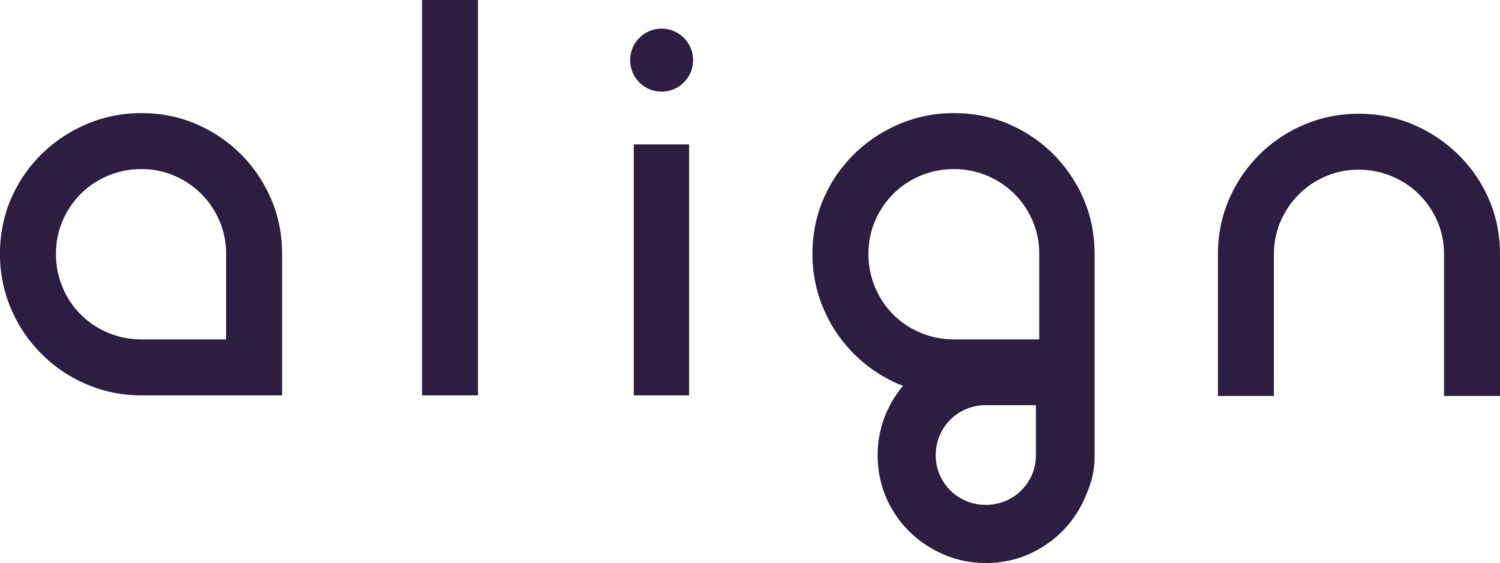Blog
Work Hacks
Learnings, teachings and tips & tricks for anyone who is trying to make work more fun, effective and healthy.
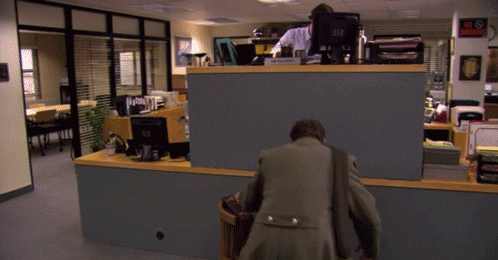
Are We Productive?
Many of the management teams we talk with are suspicious about productivity with remote or hybrid work. We hear statements like “People just can’t be productive working from home.” If we ask for a specific story or metric that has shown the light on this lack of productivity, they are rarely able to come up with anything evidence-based.

3 Data-Driven Approaches for a Richer Client Experience
Ready to make your 2022 predictions? Ha! I don’t think anyone wants to be held to account for predictions anymore. One reality that is becoming clearer is that COVID health and safety concerns mean we are going to be living with a future of more uncertainty. Corporate leaders of people and operations are looking for guidance on what investments will help them win the talent retention game

The satisfaction silver bullet
I am writing this from a screened-in porch overlooking a field of lupines and willows. Hens are roaming freely in a soft oceanic breeze and the sun is creeping up in the sky. It’s 6 am in Camden, Maine, roughly 1,000 miles away from our company HQ and my home in Columbus, Ohio. And I’m working.

Multitasking is expensive
As I’m writing this, I can see out of the corner of my eye the various red notification bubbles we’ve all come to know as messages demanding my attention. Really, what’s the harm in taking 5 seconds to glance and send a quick response?
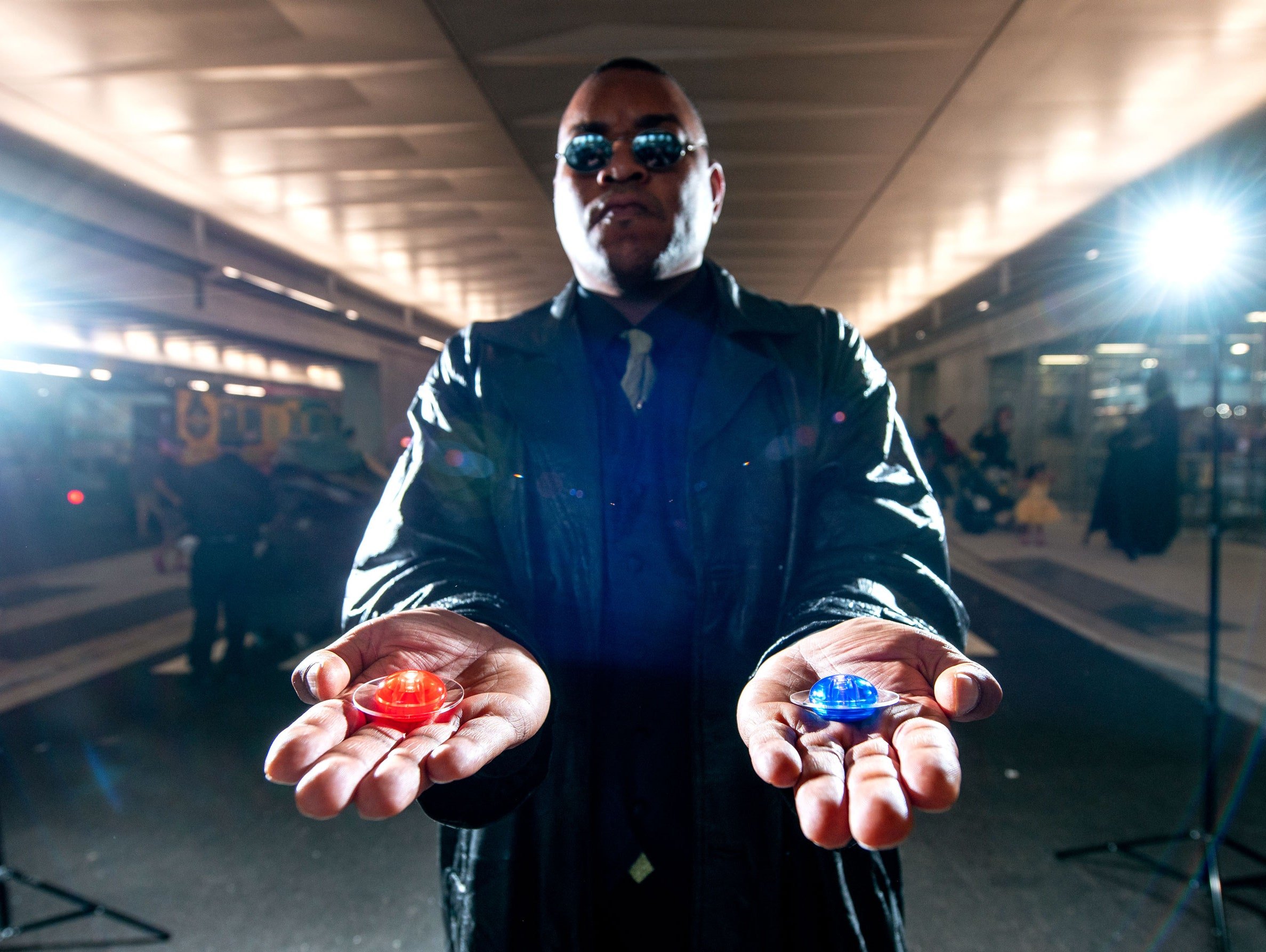
The Paradox of Choice
One of my favorite studies, published by Barry Schwartz in his 2004 book “The Paradox of Choice,” gained quick notoriety in the consumer products industry and was a catchy headline for many articles and talks. There are well-discussed examples of the positive outcomes resulting from the reduction of choice. Costco has famously asked you to pay a membership fee for a store with fewer product choices on the shelves and somehow you still spend more money there than you do with their competitors.
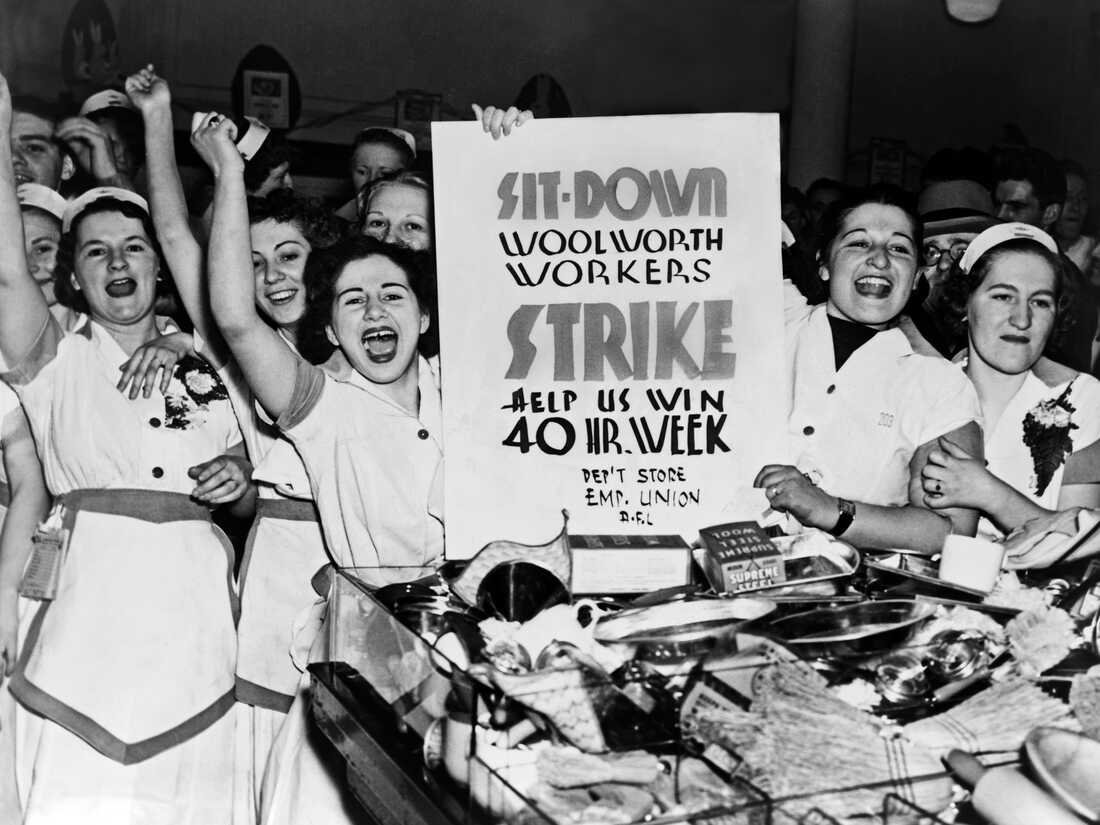
Is it time to throw out time?
The 40-hour workweek has revealed itself as one of those historical norms that struggle to find relevance for many businesses in today’s society. While the 40-hour workweek has noble origins, its functional application is a stretch for most knowledge workers in 2020. The labor movement brought about the societal revelation that 100-hour workweeks weren’t sustainable or healthy and Henry Ford was able to prove that working people more than 40 hours had no real marginal gain on manufacturing lines. This eventually brought about The Fair Labor Standards act in 1940 which created the existing paradigm we are still operating under today.

Building the skill of work
Do you ever get the feeling that you just fall into your workday? Monday starts off with big intentions of being organized, prioritizing, setting aside time for the big things to get done. By that afternoon you’ve had 3 or 4 unexpected meetings and calls pop up. You’re now behind by 2 or 3 things. By Thursday you’ve put out the fires but you haven’t really touched the big item on your list with any of the meaningful, concentrated time you intended at the start of the week.
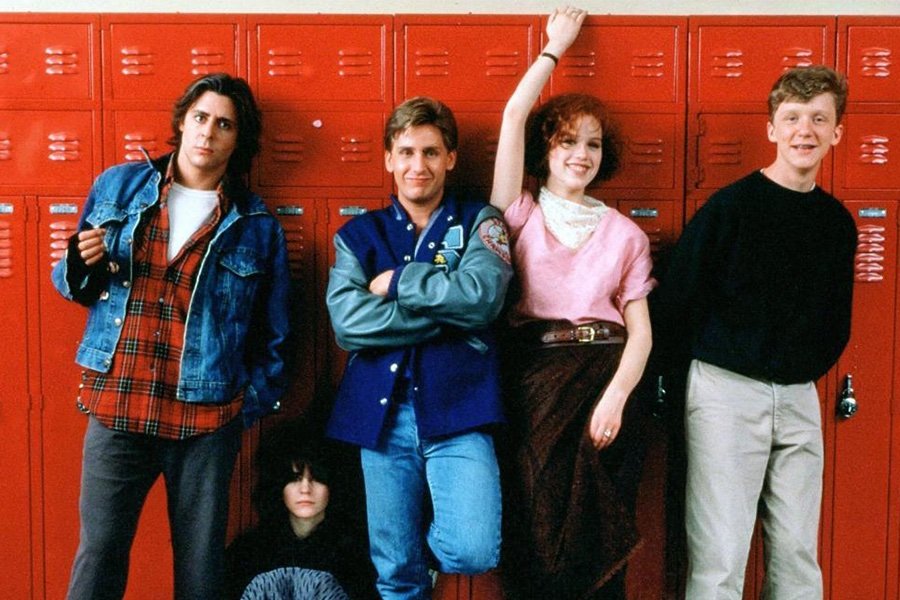
Talkin’ bout my generation
People make age seem like a big deal. We are constantly categorizing people into age groups — Boomers, Millennials, Gen Z... (we Xers are the happily forgotten group). These groupings help us organize the world more easily and make good fodder for Inc.com and Fast Company articles, but they’re also used to make some sweeping generalizations about how people want to work and live. This is a mistake. It turns out that generational groupings serve no meaningful purpose when it comes to work and workplace design.
Start your journey
Lorem ipsum dolor sit amet, consectetur adipiscing elit, sed do eiusmod tempor incididunt ut labore et dolore magna aliqua.
